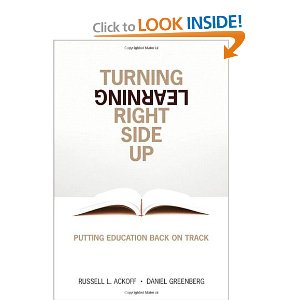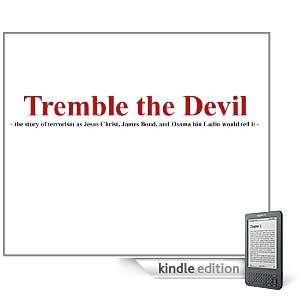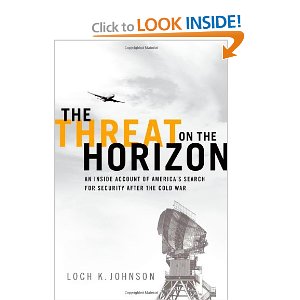
UPDATE 30 June to add link to Notes on, and Video of George Soros and Aryeh Neier discussing the theme. See also his full essay online with comment: George Soros Nails It: Intelligence with Integrity
Chuck Sudetic
On its own merits, without the Foreword from George Soros, this book is a solid five. With the most extraordinary Foreword, a Foreword that draws the lines of battle between a totally dysfunctional global governance and financial system of systems all lacking in integrity–where truth is not to be found–and the need for transparency, truth, and trust, the book goes into my top 10%, 6 stars and beyond.
The essay is a *major* part of the book, the first 57 pages out of just over 335. The essay is available free online and is a “must read” item for any person who wishes to be part of restoring the Republic and laying the foundation for creating a prosperous world at peace. Searching for <George Soros My Philanthropy> will lead directly to both the New York Review of Books and the GeorgeSoros.com offerings–select the latter to get the full article without subscription nonsense from the New York Review of Books.
I confess to having lost faith in George Soros–he fell for the Barack Obama Show and wasted a lot of time and money on what ends up being the Goldman Sachs Show–to the point that Goldman Sachs not only continues to own the Secretary of the Treasury, but now has installed its own man in the role of National Security Advisor. The irony does not amuse me.
This essay is phenomenal, and bears on the book at large, because Soros has finally put his finger of the sucking chest wound that I, John Bogle, William Grieder, and most recently Matt Taibbi have been sounding the alarm on: the lack of intelligence and integrity in the system of systems. Soros is halfway there; he is now outside the system looking in, and that is good news for all of us.
“I am looking for novel solutions in order to make an untidy structure manageable.”
Continue reading “Review: The Philanthropy of George Soros – Building Open Societies”








